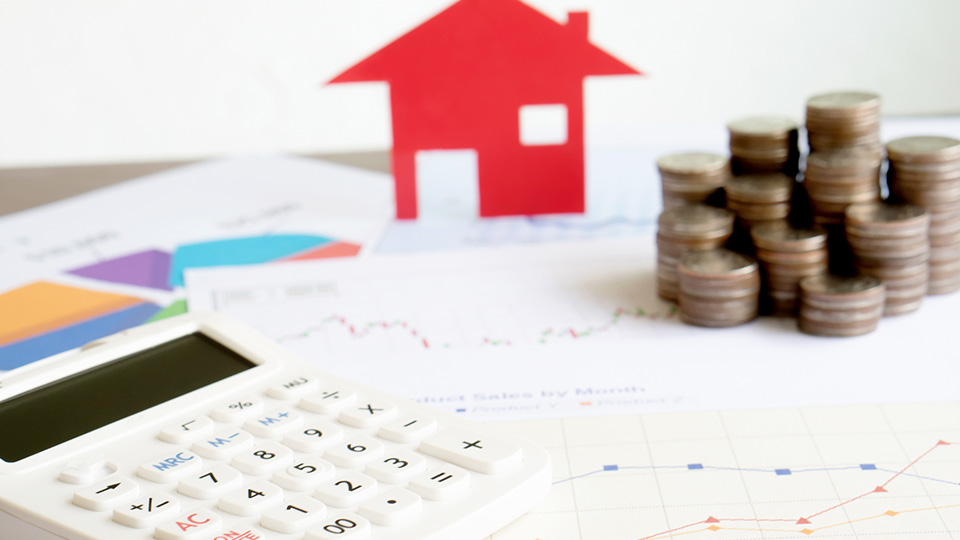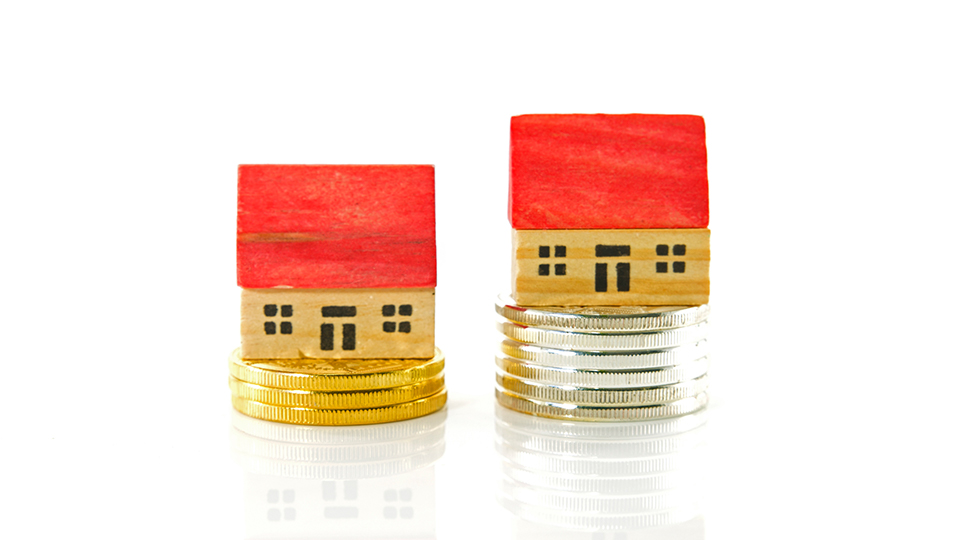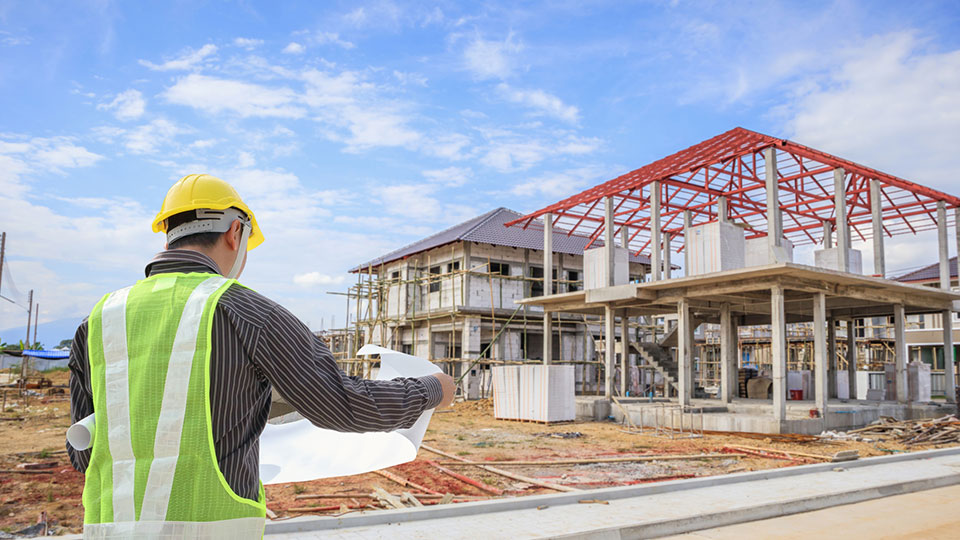March 14, 2019
What are the GST, CGT and tax ramifications for individual property developers?

Small-scale real estate development can be highly rewarding for individual property developers but understanding the tax rules is critical.
It’s common for property investors to buy an old house on a larger block with a view to knocking it down and building two or three townhouses.
However, this step from landlord to small-scale property developer brings with it a number of issues related to the Goods and Services Tax (GST) and Capital Gains Tax (CGT).
Income tax and CGT
Naturally, the aim of undertaking a property development project is to make a profit, but how will that profit be taxed? Is it treated as revenue, or a capital gain? There are three possible treatments:
- The sale of the developed dwelling could be treated as a disposal of trading stock
- It may be considered a profit-making scheme
- The proceeds may be considered a capital gain.
Any proceeds that are considered a capital gain will be taxed under CGT provisions, while profit-making schemes that generate assessable income are taxed in the normal way.
However, when it comes to land, things can be a little more complicated where trading stock is concerned. It is possible to end up with an income tax liability, even if the land hasn’t been sold.
The applicable approach will depend on a variety of factors with the tax effect differing markedly between each treatment.
Structure
While many small-scale residential developments are conducted in the individual name of the developer, depending on circumstances, there are potential asset protection and tax advantages to consider by using a corporate structure such as a company, trust or a combination of both.
GST
An area easily missed by first-time developers are the impacts of GST.
If you are likely to earn more than $75,000 a year from your property development activities (i.e. building new residential premises for sale), then you may need to register for GST.
You will also need to register if your activities are regarded as an ‘enterprise’. This includes buying vacant land to subdivide or developing new residential premises and selling them.
If you need to be registered for GST, then you are liable to pay GST when you sell the property. However, you will be able to claim credits for the GST you pay on the project, for example, on building materials and contractor costs.
From 1 July 2018, there is also a withholding regime in place for new residential premises whereby property purchasers are required to withhold GST from the contract price and pay it directly to the ATO.
You may also be able to use the margin scheme to work out GST on your sale of new residential premises. In this case, your GST liability is calculated as one-eleventh of the profit (margin) you make on the sale of the property, not one-eleventh of the total selling price.
Care needs to be taken if you rent out the new property for more than five years. Usually it will cease to be ‘new residential premises’, and previous claims for GST credits may need to be reversed.
Seek professional advice
Small-scale property development can be a rewarding activity for many investors. However, the tax rules are complicated, and advance planning is critical to avoiding unpleasant surprises down the track.
Before dipping your toe into property development, get the facts.
Aside from our expertise in tax, LDB has a dedicated real estate advisory department, so call us on (03) 9875 2900 or fill in the contact form below and let’s set up a time to talk about your property development ambitions.





